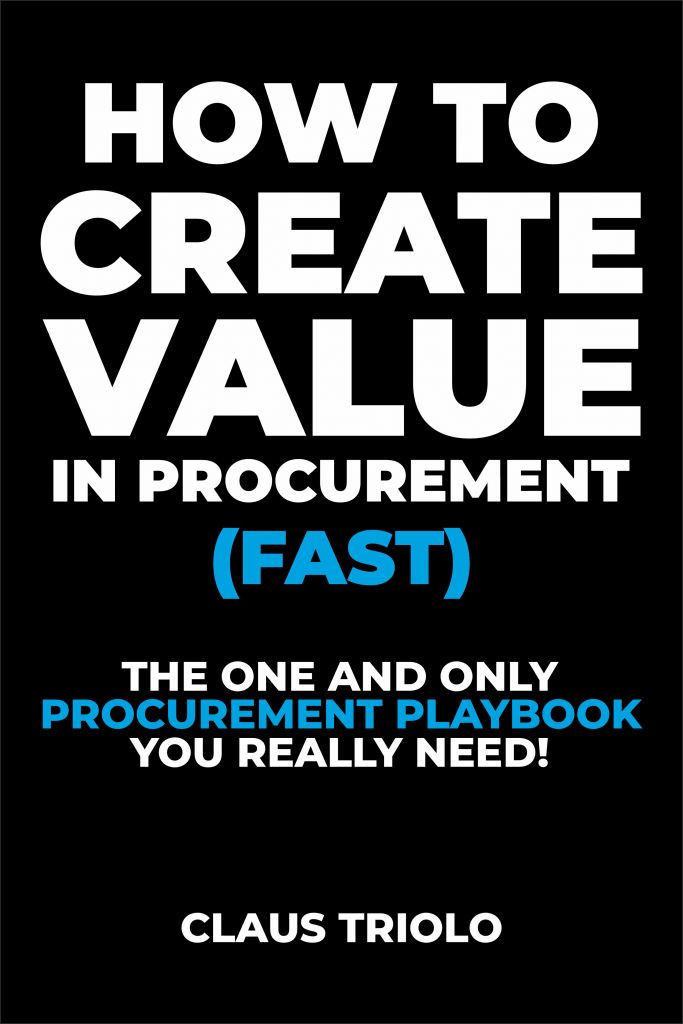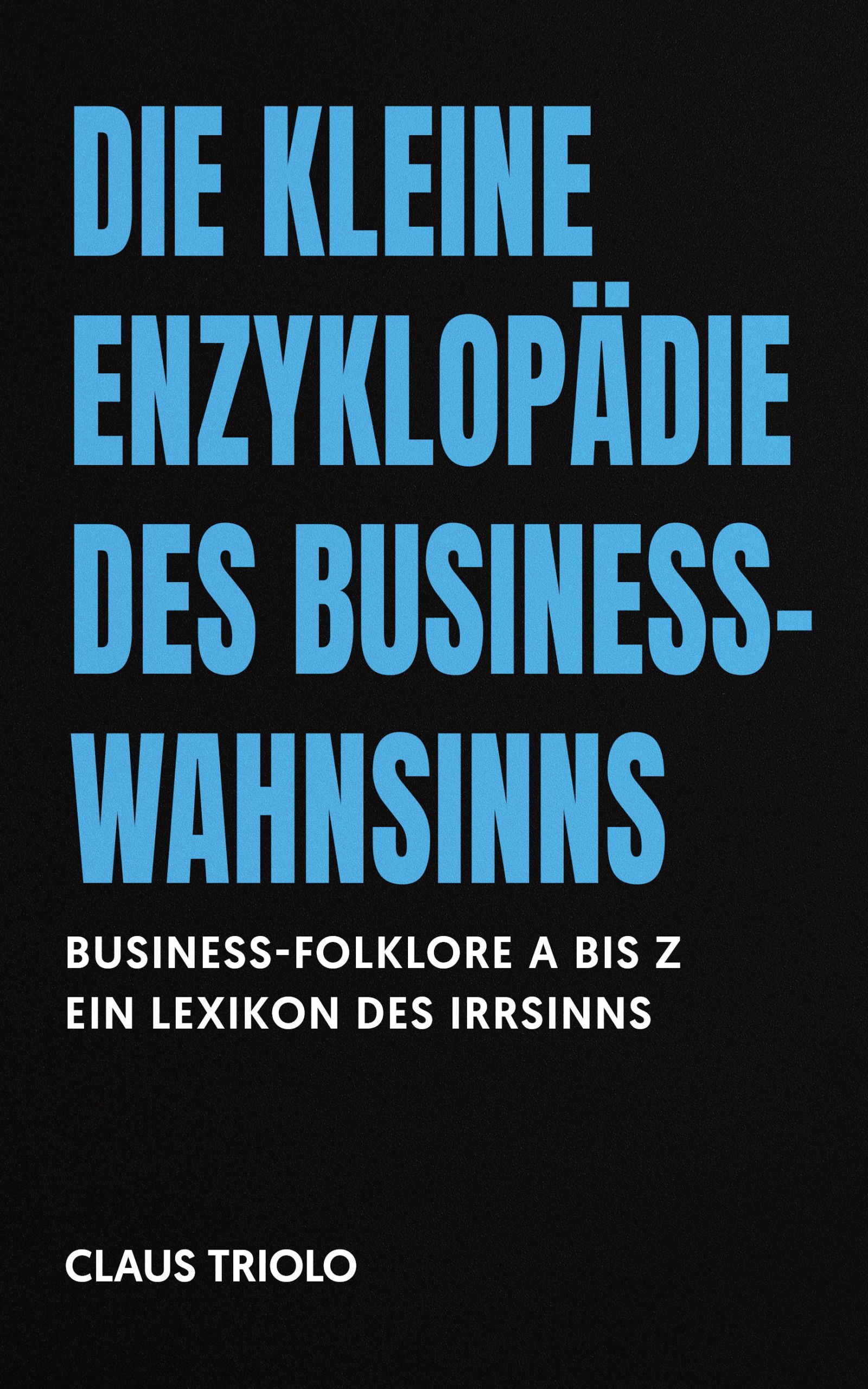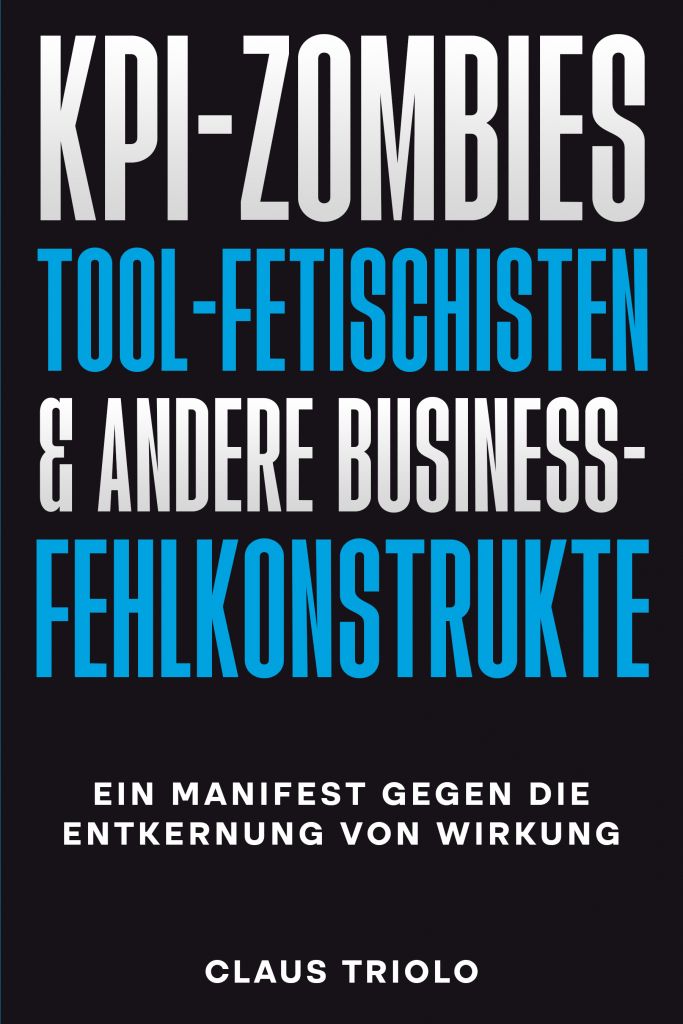In today’s business world, sustainability and ethics are no longer buzzwords; they’re the new standard by which companies are judged. But as procurement leaders, are we truly ready to embrace sustainable and ethical sourcing? Or are we merely checking boxes to satisfy regulations and appease stakeholders?
It’s time to ask tough questions: Are we driving meaningful change, or are we falling into the trap of “greenwashing”, where sustainability becomes more about perception than real action?
Let’s be clear: Sustainable and ethical sourcing isn’t just about reducing carbon footprints or banning plastic straws. It’s about transforming entire supply chains – rethinking how and from whom we source materials, and ensuring that the people and environments impacted by our decisions are treated fairly.
The harsh reality? Too many companies continue to prioritize short-term profits over long-term sustainability. According to a recent study by McKinsey, 63% of companies acknowledge the importance of sustainability, yet only 26% have integrated it into their operations at a meaningful level. This disconnect reveals a widespread issue: sustainable and ethical sourcing is too often seen as a cost rather than a competitive advantage.
Let’s look at Patagonia, a company often held as the gold standard of sustainability. Their radical commitment to ethical sourcing is not just marketing – it’s a fundamental pillar of how they operate. Patagonia discloses every step of their supply chain, from the farms that produce their organic cotton to the factories where their products are made. This level of transparency has earned them the trust of consumers and created a loyal customer base. They prove that ethics and profitability can coexist.
But how many companies are willing to go to such lengths? And are we, as procurement leaders, really doing enough to demand this level of transparency from our suppliers?
Here’s the polarizing truth: Sustainability and ethics are no longer just “nice to have” – they’re business imperatives. Consumers are demanding it. Regulators are enforcing it. And investors are rewarding it.
Take the food and beverage industry, for instance. Nestlé aims to achieve 100% recyclable or reusable packaging by 2025, and Unilever has set targets for net-zero emissions by 2039. These aren’t just marketing stunts – these goals are reshaping how products are designed, sourced, and delivered. And procurement sits at the heart of it all.
But are we as procurement professionals fully leveraging this shift? Are we pushing our organizations to not only meet these demands but to exceed them?
Some executives still view sustainable sourcing as optional, something to implement once the core business is “taken care of”. But here’s the uncomfortable truth: sustainable sourcing is the core business now.
“Climate risk is investment risk.”
Larry Fink, CEO BlackRock
In the procurement, this translates into a simple reality: if we aren’t sourcing sustainably, we’re actively putting our businesses at risk. From disruptions caused by climate change to the legal consequences of unethical labor practices, the cost of inaction is far greater than the investment required to do things the right way.
Ethical sourcing goes beyond environmental sustainability. It’s about human dignity and social responsibility. Procurement leaders have the power to change lives by ensuring that we source from suppliers who provide fair wages, safe working conditions, and respect human rights.
Look at the example of H&M, which faced massive backlash for its links to forced labor in its cotton supply chain in China. The scandal damaged its reputation and triggered calls for greater scrutiny of corporate supply chains. This underscores a key point: ignoring ethical sourcing can destroy brand value faster than any environmental scandal ever could.
Sustainability is evolving from simply reducing harm to creating entirely circular supply chains. In a circular economy, products are designed for reuse, and waste is treated as a resource. This requires procurement to take the lead in rethinking product design, material sourcing, and supplier partnerships.
Companies like IKEA are already making strides here, offering a buy-back program that allows customers to return used furniture, which is then resold or recycled. This not only reduces waste but creates a deeper connection with consumers who value sustainability.
And are we willing to disrupt our supply chains and rethink procurement strategies to truly embrace a circular economy?
Too many organizations treat sustainable and ethical sourcing as a box-ticking exercise – complying with the minimum standards to avoid penalties or bad press. But that approach won’t cut it anymore. We need to move beyond compliance and take proactive steps to lead.
Let’s be candid: it’s not easy. The costs are real, and the logistical challenges significant. But the rewards, both in terms of brand equity and long-term profitability, are undeniable.
“Businesses that thrive in the future will be those that serve society today.”
Paul Polman, former CEO of Unilever
This couldn’t be more true for procurement. If we’re not sourcing sustainably and ethically, we’re not serving society – or our businesses.
Sustainable and ethical sourcing is no longer just a trend or a “nice to have”. It’s a business imperative, a moral obligation, and a competitive advantage. But it requires bravery. Bravery to challenge the status quo, bravery to invest in long-term solutions over short-term wins, and bravery to hold suppliers, and ourselves, to higher standards.
So let’s be clear. The real question isn’t whether we can afford to embrace sustainable and ethical sourcing – it’s whether we can afford not to!
It’s time for procurement leaders to stop playing it safe. The future of our businesses, of our planet, depends on the choices we make today. So better let’s choose wisely, no?!
“Sustainable sourcing isn’t just a trend. It’s the cornerstone of future-proof procurement strategies.”
Claus Triolo, The Procurement Rainmaker™



















